Embassy Legalization
Enhance Credibility And Acceptance With Pharmaways Port
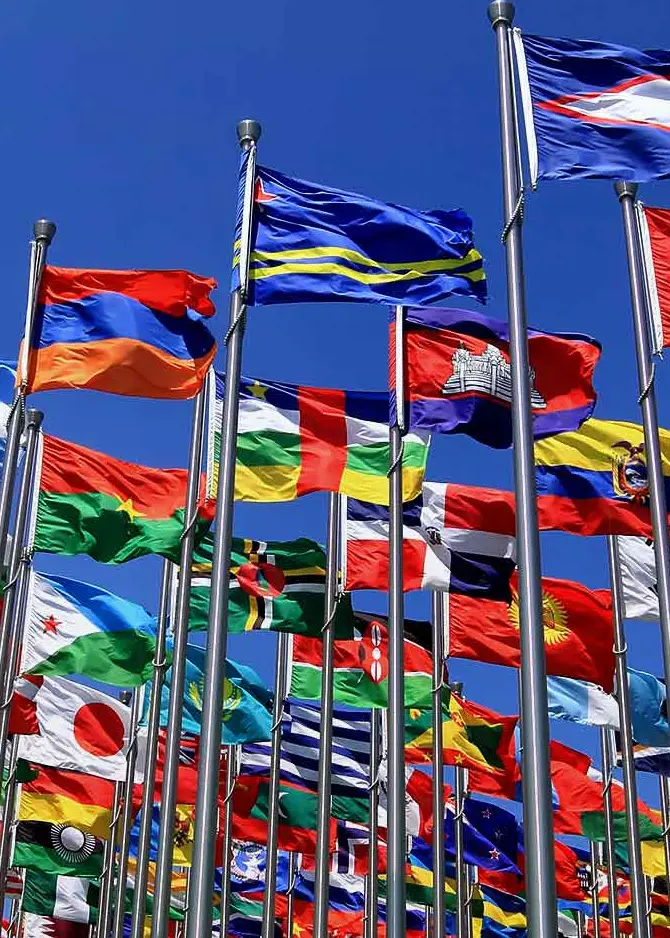
Enhancing Credibility And Acceptance.
Embassy legalization is a crucial step in validating documents for international use. It involves authenticating the signatures and seals on documents, such as certificates, contracts, and powers of attorney, by the embassy or consulate of the country where they will be used. This process ensures that documents comply with the legal requirements of the receiving country, enhancing their credibility and acceptance. Embassy legalization is often necessary for various purposes, including business transactions, immigration, education, and legal proceedings abroad.
By obtaining embassy legalization, individuals and organizations can ensure the validity and enforceability of their documents across borders, facilitating smooth communication and transactions in the global arena. Trusting this process to experienced professionals can streamline the legalization process and avoid delays or complications.
Challenges faced by Pharma Manufacturers in Embassy Legalization
Effective communication, thorough documentation, and adherence to regulatory guidelines are essential for successfully navigating embassy legalization in the pharmaceutical industry. Here are a few challenges faced by pharmaceutical manufacturers in embassy legalization.
Complex Regulatory Requirements
Each country has its own specific regulations and procedures for embassy legalization, making it challenging to ensure compliance with diverse legal frameworks.
Document Authentication
Verifying the authenticity of documents, including certificates of analysis, manufacturing licenses, and quality assurance records, can be intricate and time-consuming.
Language and Cultural Barriers
Dealing with embassy officials who speak different languages and adhere to distinct cultural norms can create communication challenges and misunderstandings.
Geographical Disparities
Accessing embassy services may be difficult for manufacturers located in remote areas, leading to delays in document processing and legalization.
Cost and Time Constraints
Embassy legalization can be costly and time-intensive, particularly when dealing with multiple documents or urgent deadlines, impacting operational efficiency and budget allocation.
Risk of Rejection or Delays
Even minor errors or discrepancies in documents can result in rejection or delays during the legalization process, potentially disrupting international business activities.
Changing Regulations
Regulatory requirements for embassy legalization may evolve over time, necessitating ongoing monitoring and adaptation to ensure compliance.
Overcoming these challenges requires proactive planning, attention to detail, and collaboration with experienced professionals or legal experts familiar with embassy legalization processes. Effective communication, thorough documentation, and adherence to regulatory guidelines are essential for successfully navigating embassy legalization in the pharmaceutical industry.
FAQs
What is embassy legalization, and why is it important for pharmaceutical documents?
Embassy legalization is the process of authenticating documents, such as certificates and licenses, by the embassy or consulate of the country where they will be used. It ensures the documents comply with legal requirements, enhancing their credibility and acceptance in international transactions.
How does Pharmaways Port facilitate embassy legalization for pharmaceutical manufacturers?
Pharmaways Port streamlines embassy legalization by managing the entire process, from document preparation to submission and collection. We navigate complex regulatory requirements, communicate with embassy officials, and ensure all documents meet the necessary standards for acceptance.
What types of documents in the pharmaceutical industry typically require embassy legalization?
Documents such as certificates of analysis, manufacturing licenses, quality assurance records, and regulatory approvals often require embassy legalization for international use. These documents validate the authenticity and legality of pharmaceutical products and operations.
What are the common challenges faced by pharmaceutical manufacturers during embassy legalization, and how does Pharmaways Port address them?
Challenges include complex regulations, document authentication, language barriers, geographical constraints, and cost concerns. Pharmaways Port addresses these challenges through expertise in regulatory compliance, efficient communication, and a streamlined process tailored to the pharmaceutical industry’s needs.
How long does the embassy legalization process typically take, and what factors can affect the timeline?
The timeframe for embassy legalization varies depending on factors such as embassy processing times, document complexity, and regulatory changes. Pharmaways Port works diligently to expedite the process, but timelines can range from days to weeks, depending on these factors and specific embassy requirements.
Enhance Credibility And Acceptance With Pharmaways Port
Enhance credibility and global acceptance of your pharmaceutical documents with Pharmaways Port’s embassy legalization services. Navigate complex regulatory requirements seamlessly, ensuring compliance and reliability for international transactions. Trust us for efficient and reliable document authentication solutions tailored to your needs.
Recognitions
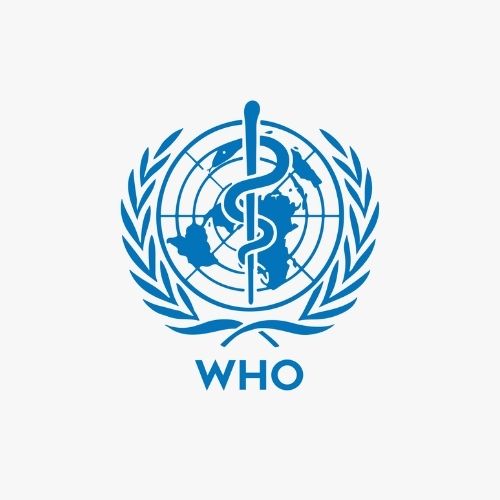
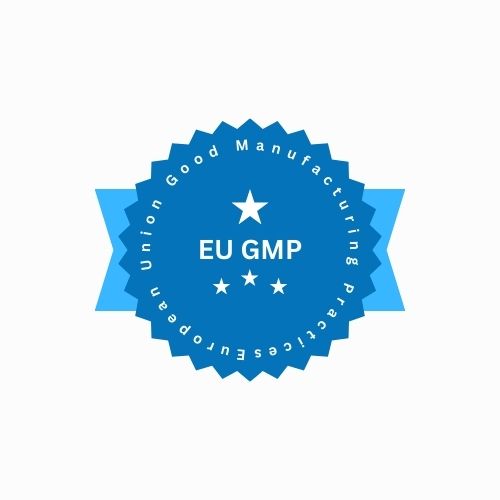
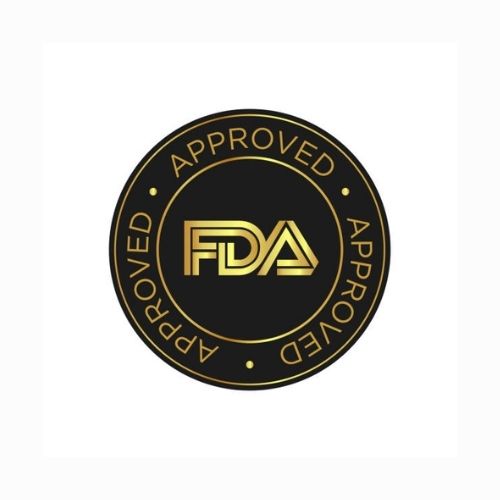
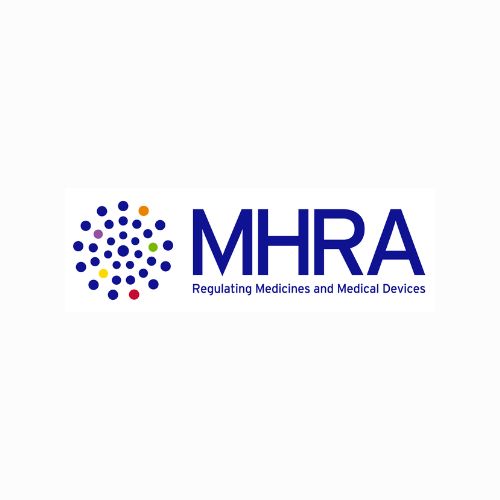
Let’s work together in contributing to global healthcare advancement.
Send us your queries pertaining to pharma products or services and one of Pharmaways Port executive will get in touch you.